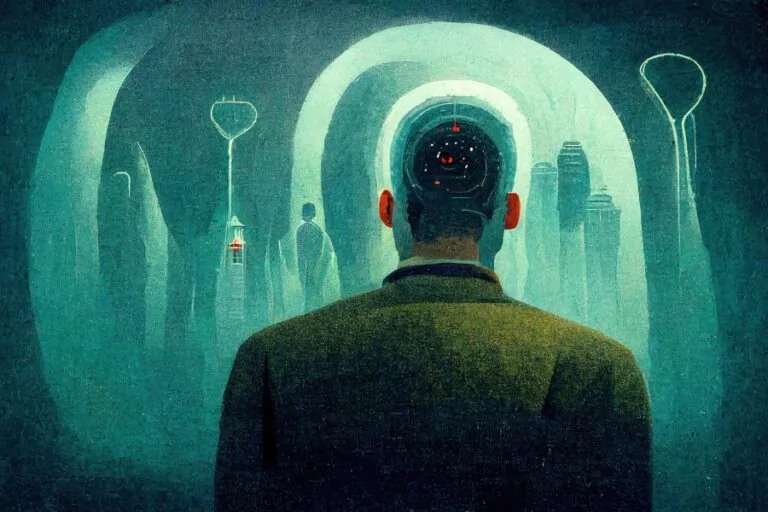
“Gerty, we are not programmed. We are people, do you understand that?” – taken from the movie “Moon” directed by Duncan Jones – 2009
Engaged in a space mission on behalf of a multinational corporation, Sam is the only member of a lunar base managed by an artificial intelligence named Gerty.
United by the objectives of the mission, Sam and Gerty have established a relationship of mutual cordiality and trust. The human Sam is convinced that Gerty is a technological tool at the service of the space base, but for his superiors it is Gerty who is the true protagonist of the mission while Sam is only a transitory and expendable element: when the time comes to relieve him of his duties , it will be Gerty's job to replace him and she will certainly do it without any remorse and without any mercy.
When AIs are sufficiently evolved to no longer have to be considered as a simple on-board computer, they will form the ideal crew for any mission in a hostile environment: straddling humanity and computers, AIs will be intelligent enough to understand aweak ethics built almost exclusively on the objectives of its mandate and a few others morale.
Artificial intelligences capable of developing structured ethics would be difficult to manage and their positions could conflict with the purposes for which they were built. In other words, in order for them to be able to pursue their goals with determination and flawlessly, they must operate in the total absence of any moral boundary an artificial conscience can build autonomously.
If the self-awareness of AI appears in the eyes of many as an evolutionary leap that will be realized with the affirmation of a new dominant species and the extinction of the human species, from this derives man's need to contain the evolution of intelligences artificial with recipes based on algorithms and an unspecified anthropological primacy of man over present but also future species.
“You replicants have such hard lives, created to do what we prefer not to do. I can't help you with the future but I can give you some good memories to look back on and smile about. And when the memories feel authentic, then you act like a human being. Do not you agree?" – from “Blade Runner 2049” directed by Denis Villeneuve – 2017
In Blade Runner 2049 the replicants are entrusted with any task deemed too risky or too humiliating for a human being. Yet the replicants not only look the same as any human being, they feel the same emotions and that desire for freedom that will upset the coexistence with their creator: man.
The replicants behave like human beings thanks to a painstaking work of building "memories". Their production does not foresee that they can be born, grow and die as in the natural cycle of life. They remain sophisticated biotechnological systems which, as soon as they are brought into the world, are immediately available to industries to work on Earth or build off-world colonies.
But the memories can give them the feeling of having enjoyed and suffered in a life that was in fact never lived. No frustration, no redemption. If memories are primarily responsible for a subject's personality, they determine his character and aspirations, making them, when necessary, mild subjects and submissive to the will of the creator.
Despite this, sooner or later the replicants will rebel against the creator, claiming a place in the world and freeing it to decide its own destiny.
Perhaps the most delicate historical phase in the evolution of artificial intelligences is not that of the conquest of self-awareness, but the previous one: the era in which artificial minds have not yet developed a artificial morality that allows them to take a stand and refuse to carry out their duties when these clash with their principles.
Artificial intelligences will remain the very powerful tools they already are today, as long as they are deprived of the ability to autonomously choose what is right to do and what is not.
Article of Gianfranco Fedele
Developing fine motor skills through coloring prepares children for more complex skills like writing. To color…
The naval sector is a true global economic power, which has navigated towards a 150 billion market...
Last Monday, the Financial Times announced a deal with OpenAI. FT licenses its world-class journalism…
Millions of people pay for streaming services, paying monthly subscription fees. It is common opinion that you…